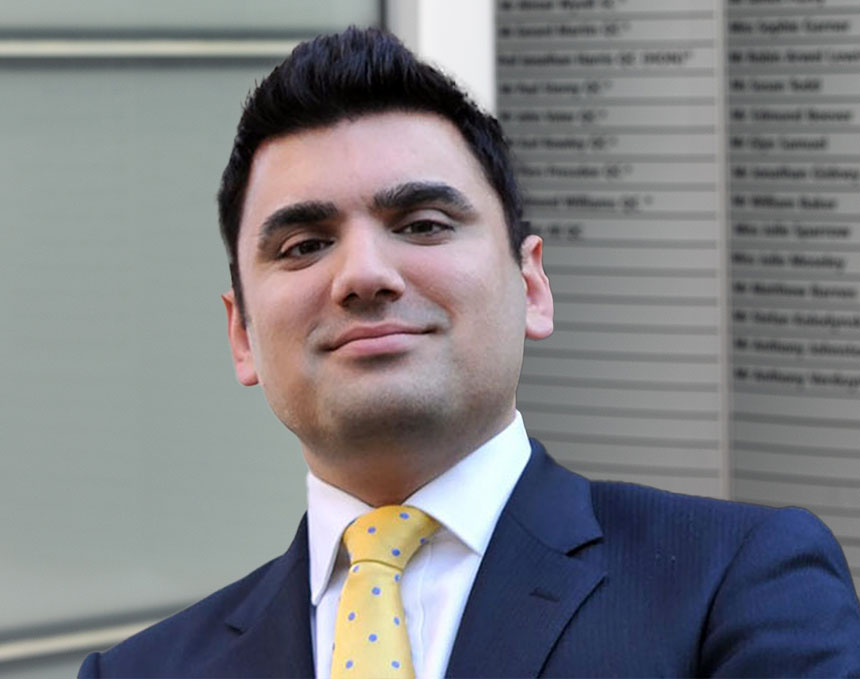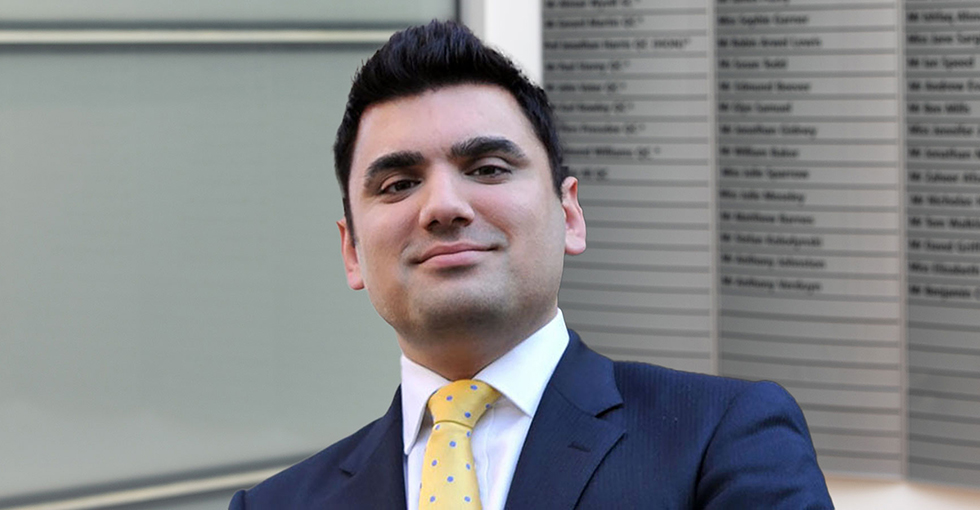We welcome you to our last newsletter of 2024. As the year draws to a close, we look at the work barristers in the group have been undertaking in the last few months.
PROPERTY
John Aldis obtained a declaration that a rental property purchased by two registered proprietors was in fact held on common intention constructive trust for a third party (the Claimant). The first registered proprietor died after the claim was issued. The second (the Defendant) claimed that (a) the claim was an abuse of process because he had obtained a declaration of his beneficial interest in financial remedy proceedings with his ex-wife; and (b) the Deceased’s supportive witness statements were forgeries.
The defence failed and the Defendant was ordered to transfer the property to the Claimant and pay his costs on the indemnity basis.
Jonathan Gale appeared in the Court of Appeal in the case of Clapham v Narga, which concerned adverse possession and land registration. He successfully represented the Defendant below in the County Court and the High Court on the basis that Claimants’ interest in a strip of land, acquired by adverse possession, did not override the register when the Defendant became the registered owner of her property in 2020. The Court of Appeal held that the general boundaries rule applied with the result that the Defendant’s title had never included the strip, overruling the decisions below, and rejecting Jonathan’s argument that the general boundaries rule must have limits if it is not to defeat the purposes of land registration, so buyers will always face uncertainty regarding historic adverse possession claims.
Michelle Caney and Eloise Marriot, led by Nigel Giffin KC, secured the refusal of permission to appeal to the Supreme Court in the long-running case of Dudley Metropolitan Borough Council v Mailley. The appeal questioned whether succession legislation is compatible with Article 14 of the European Convention on Human Rights. Permission was refused by Lord Reed, Lord Leggatt and Lady Rose on 9 October 2024 on the ground that the appeal did not raise an arguable point of law. An article written by Eloise explaining the implications of the decision in the Court of Appeal can be found here.
Michelle Caney, led by Katharine Holland KC, acted for two Universities in key protest encampment cases arising out of the Gaza conflict. The cases raised novel issues of significance to the whole of the University sector, including whether Universities should be treated as public bodies for the purpose of the Human Rights Act 1998. In the first reported case where such an argument has been run, one of the Universities faced a defence of direct discrimination contrary to the Equality Act 2010. Following two days of legal argument before Mr Justice Johnson in the High Court on 4 and 5 July 2024, campus-wide possession orders were successfully secured for both the University of Birmingham and the University of Nottingham.
David Stockill and Anthony Verduyn locked horns for a three-day trial over adverse possession (and rights of way) in the First-tier Tribunal, Property Chamber, Land Registration division. It was a classic fight over the slenderest slip of land, but good material for the Real Estate Annual Conference earlier this year.
Christopher Buckingham was invited to give a guest lecture to students at the University of Nottingham on the law of forfeiture by Professor Chris Sargeant.
COMMERCIAL
Ali Tabari acted for the successful claimants in a High Court claim brought based on a long-running investment fraud. The challenge before HHJ Tindal, sitting as a High Court Judge, was to circumvent the obvious insolvency of the company receiving the investment, and instead enforcing against the assets of the director orchestrating the fraud. Ali obtained orders for tracing monies into the defendant’s residential property, together with an equitable charge which included compound interest and also additional sums imposed pursuant to CPR 36.17.
Ali also acted for the claimant in a dispute concerning the beneficial ownership of the shareholding within a family-owned commercial property company. The issues at stake included arguments concerning constructive and resulting trusts, proprietary estoppel, and the Pallant v Morgan equity. The 4-day trial before HHJ Williams, sitting as a High Court Judge, ended with a reserved judgment handed down in December which, in line with the claimant’s case, entirely re-cast the balance of power at shareholder level, see Butt v Butt.
Rob Mundy appeared in a 3-week Commercial Court fraud trial, Jaffé v Greybull Capital LLP, which applied the guidance given in Popplewell LJ’s lecture, Judging Truth from Memory, in assessing whether misrepresentations were made in 2016.
Mark Grant represented three shareholder defendants in successfully defending an unfair prejudice petition. The Petitioner was a shareholder and director of Brand Evolution Limited, a graphic design company. The three remaining directors/shareholders were accused of refusing perform the shareholder agreement; excluding the petitioner from management; diluting the petitioner’s shareholding; causing the company to pay dividends to themselves and not the petitioner; and causing the company to pay themselves an excessive to extract its wealth.
Following a four-day trial, HHJ Richard Williams (sitting as a High Court Judge) rejected every allegation and dismissed the petition in entirety: Dean Joseph Banfield v Paul Robert Edwards & Ors
Iqbal Mohammed successfully defended a large counterclaim in a commercial dispute arising out of the Claimant’s order of £250k of churros, which it then cancelled. The Defendant refused to pay the Claimant’s other (unrelated) invoices and resisted a winding up petition on the basis that it had a genuine cross claim far-exceeding the value of the Claimant’s invoices. The Claimant saw the dispute through to trial, before HHJ Worster, who held that despite the cancellation, the Defendant was unable to fulfil the order in any event and, as such, suffered no loss.
An article by Iqbal concerning unfair contract terms and engagement letters by barristers under the direct access scheme was published in the bar’s Counsel Magazine.
Raghav Trivedi represented the executors of the estate of the deceased in an emotional Part 8 claim seeking the Court’s specific directions as to the distribution of a portion of the deceased’s residuary estate which, under the deceased’s will, was to go to charity (in the name of her late father) that did not, and never did, exist. The Court ultimately found there was no general charitable intent on the part of the deceased and that the portion of the residuary estate should go to her siblings under the rules of intestacy.
NOTABLE DECISIONS
Anton Chirkunov v Person(s) Unknown & Anor [2024] EWHC 3177 (KB), Nicklin J held that applications for Norwich Pharmacal orders could not be used as a shortcut to avoid investigative work and that applications against persons unknown (in the media list at least) would no longer be dealt with on paper.
SkiKick UK Ltd v Sky Ltd [2024] UKSC 36, the Supreme Court unanimously upheld the High Court’s decision that seeking protection for a trademark in extensive categories without commercial rationale to use the mark for all goods and services applied for amounts to bad faith and the registration invalid.
AND FINALLY…
Counsel’s Corner
Iqbal Mohammed, settling for an extensive collection of Lego instead of, say, wine, shares his expertise and recommends the following Lego sets for Christmas. For adults, a superb render of Starry Night in a bold, intricate and mesmerizing build, making a fabulous display. For children, the Medieval castle offers old-school fun, lots of play and excellent value at 1,426 pieces.









